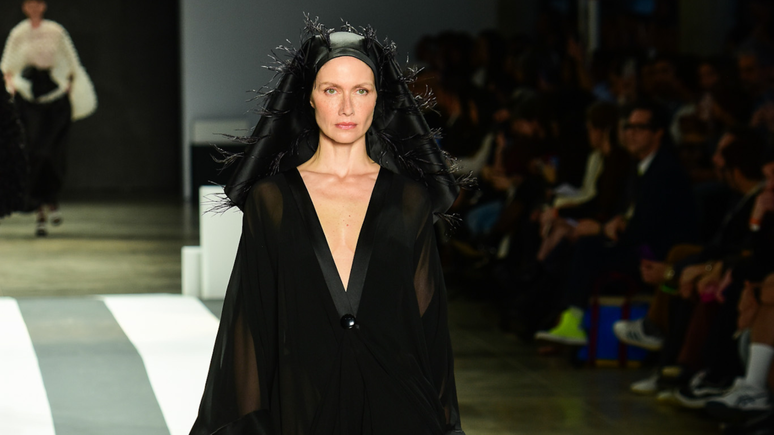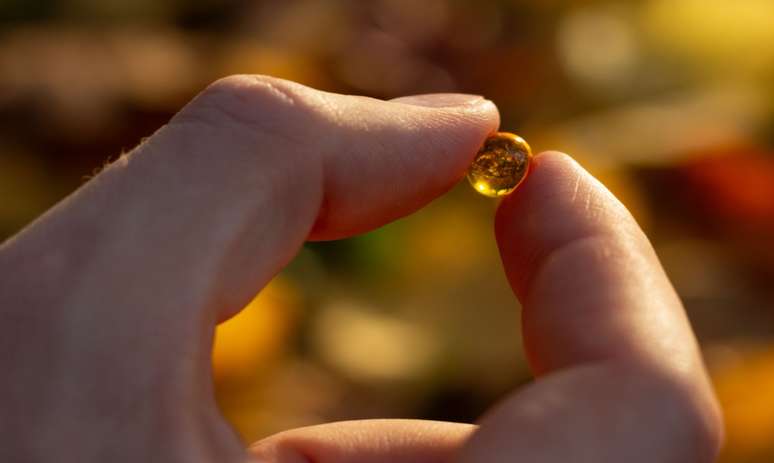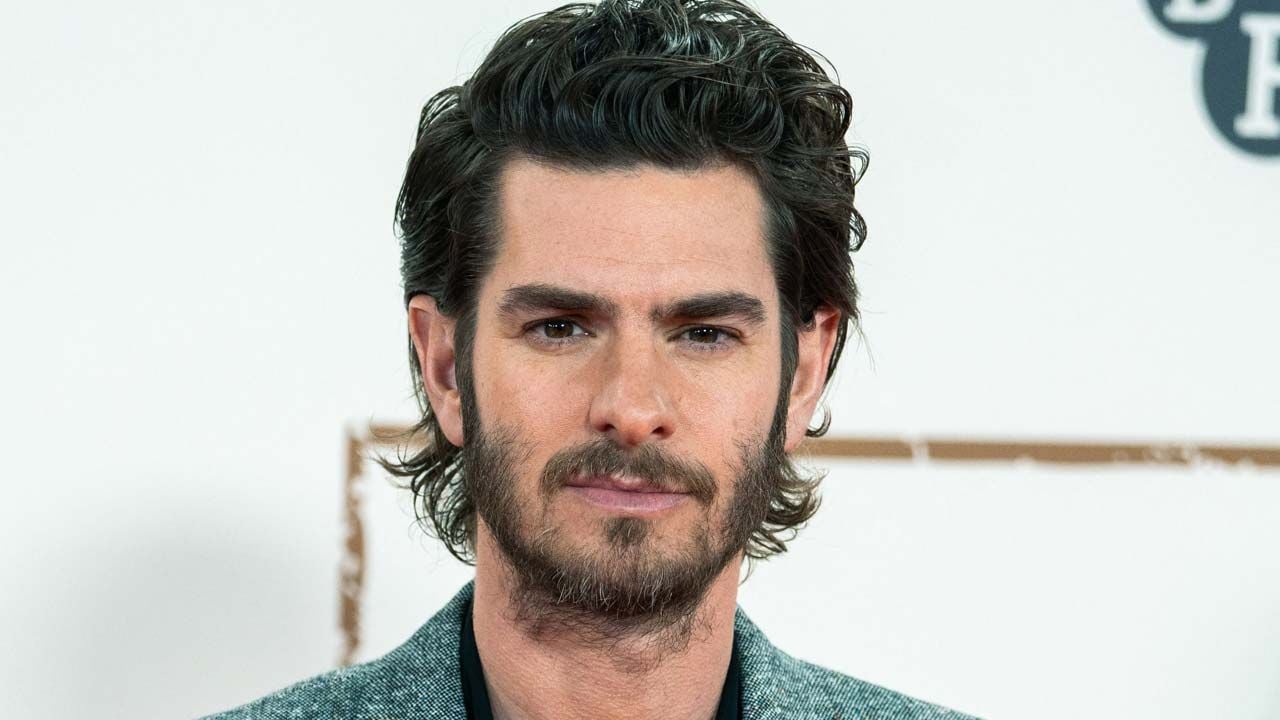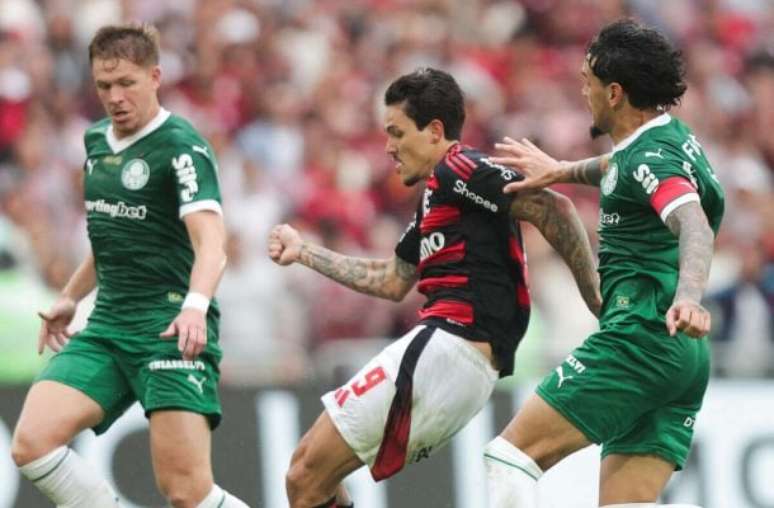Four tips to protect your hair from hair loss during slimming diets
-
BY PARTICIPATING

Dieting to lose weight can cause hair loss: find out how to avoid it
-
BY PARTICIPATING
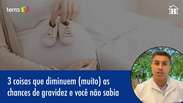
3 things that reduce your chances of pregnancy that you didn’t even know
-
BY PARTICIPATING
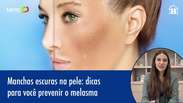
Dark spots on the skin: tips to prevent melasma
Those who continually follow slimming diets, especially trendy ones, are already accustomed to a very irritating side effect: hair loss.
“When slimming diets are not well structured, they cut or limit important macronutrients such as proteins, leave aside the variety of micronutrients – vitamins and minerals – and reduce calories too much, the consequence is, in fact, hair loss,” he explains nutritionist Marcella Garcez, director and professor at the Brazilian Association of Nutrology (Abran).
“No one wants to lose their hair while losing weight, but it can happen. About 85% of hair is made up of keratin, which is a protein. This is one of the reasons why consuming this macronutrient is so important for hair health. Furthermore, it is not enough to ingest a fraction of proteins per day, it is necessary to offer the body the necessary quantity so that it is possible to lose weight, without suffering from telogen effluvium, a type of hair loss that can be linked to anomalies of the the diet.”
According to doctors, hair is an excretory tissue, consisting of reserve amino acids for this function.
“Proteins are made up of a set of amino acids and if there are no excess amino acids in the diet, you don’t get good keratin synthesis. In addition, minerals such as iron and zinc, as well as B complex vitamins, contribute to maintaining hair health,” she says.
Don’t be so restrictive
Without a negative energy balance, weight loss will not occur, so you will have to eat less than you spend. Or you spend more than you eat.
“It seems like the same thing, but it’s not. Patients who exercise may have a better metabolism and, consequently, do not need to eat so little to lose weight: this can ensure a greater supply of nutrients to the body, preserving skin and hair. A patient who is in a caloric deficit, trains and eats 2500kcal, will be able to offer many more nutrients to the body than a sedentary patient who is in a caloric deficit and eats 1200kcal”, explains the nutritionist.
“The more restrictive the diet, the greater the likelihood of a deficiency of amino acids, vitamins and minerals important for hair health. Calculating calories to lose weight is individual and several factors influence it. But for most people, a reduction of 300 to 1000 Kcal per day is sufficient, depending on many factors, combined with physical activity,” he explains.
In other words, if you abuse the calorie deficit, limit food groups, offer few nutrients to the body, your hair is likely to suffer the consequences.
“To have a good, healthy and long-lasting result, without disastrous consequences for skin and hair, the calorie deficit must be achieved with guidance, through food planning, reading labels and making good choices,” advises Marcella.
Make good food choices
While a calorie deficit is essential, a sustainable diet that prioritizes healthy foods, rich in protein, fiber and good fats, and avoids ultra-processed foods, rich in sugar and sodium, is highly recommended.
“All this will help reduce inflammatory processes and provide nutrients to preserve the hair. You can be in a calorie deficit and eat a 300 kcal meal of salad, vegetables, fiber and lean protein or 300 kcal of cotton candy, but the metabolic effect will not be the same. Empty-calorie, nutrient-free foods high in simple carbohydrates may not provide the nutrients that really matter for your entire body, including skin and hair,” says Marcella.
“Furthermore, if your eating habits include excessive amounts of sweets and simple carbohydrates, you will be unlikely to be able to maintain your weight in a sustainable and long-lasting way, as well as the possibility of having other health problems, such as diabetes and metabolic problems. diseases,” says the doctor.
Ensure the ideal amount of protein
The nutritionist explains that, in slimming diets, proteins must be present in adequate quantities so that there is no damage to structures such as skin and hair.
“Meat, fish, poultry and dairy products are the main sources of protein and contain essential amino acids, i.e. those that the body cannot produce. Proteins of animal origin have a high biological value, that is, they contain the nine essential amino acids: tryptophan, phenylalanine, leucine, valine, isoleucine, lysine, threonine, methionine and histidine. In the case of plant sources, it is necessary to combine them to guarantee essential amino acids”, explains the nutritionist.
Daily protein consumption must be individualized and specific, taking into account: age, sex, physical activity, profession, health status and personal goals of the person. The daily requirement can vary from 0.6 to 2 g per kilogram per day.
“In general, those following weight loss diets and bodybuilding should consume 2 g/kg per day. In other words, a person weighing 100 kg can consume 60 to 200 g of protein per day,” explains the doctor.
“It is important to know that the requirement increases with the practice of strength exercises, since the muscle will need more protein for its recovery. So, to prevent hair loss, it is necessary to align consumption,” he explains.
It seems easy, but it isn’t: 100 g of grilled chicken fillet contains 30 g of proteins, a whole egg (with whites and yolks) contains 6 g of proteins.
“Even though it’s not easy, it’s possible. And when the diet does not provide the value calculated by the nutritionist, protein supplements may be recommended, such as whey protein, casein or vegan protein”, explains the doctor.
“When we think about hair building, two essential amino acids are most relevant: methionine and lysine. Therefore, the diet must include foods that are sources of these amino acids. In addition to animal proteins, plant proteins such as beans, lentils, sprouts, soybeans, chickpeas, quinoa, almonds, walnuts and Brazil nuts should also be present in the diet. The traditional Brazilian combination of beans and rice is effective because it provides both: rice is rich in methionine and deficient in lysine, while beans are rich in lysine and deficient in methionine. Therefore, avoid eliminating these foods from your diet.
In addition to not being necessary, the traditional combined cut can promote hair loss.
Watch out for iron and zinc
In addition to proteins, another point to consider in slimming diets is the consumption of iron and zinc: «Iron is the mineral most associated with hair loss, especially in women, who suffer a greater loss of this nutrient due to menstrual flow . .”.
“Low consumption of meat and vegetables, sources of iron, in poorly chosen diets can promote hair loss,” explains the nutritionist.
Iron is present in many plant foods, however its absorption is much lower when it comes from these sources. Animal iron is absorbed up to five times more, as it is bound to proteins.
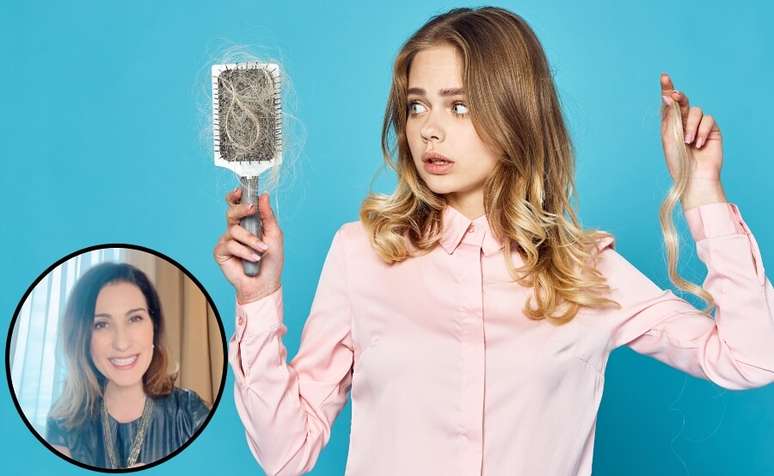
“Another reason for the difficulty in absorbing vegetable iron, present in beans, lentils, black beans and chickpeas, for example, is the presence of antinutrients such as phytates, but leaving these foods to soak for 8 to 24 hours and cooking they are strategies that reduce the presence of phytates”.
«Avoiding the consumption of coffee, black tea and green tea near meals also optimizes iron absorption. The patient can also combine foods rich in vitamin C, which increase the absorption of this mineral,” she suggests.
In the case of zinc, the main plant sources are: beans, peanuts, pumpkin seeds and chickpeas.
Other recommendations
Those who decide to change habits and limit the consumption of animal proteins could suffer from hair loss due to vitamin B12 deficiency.
“It is a concern in vegan diets and those with animal protein restrictions, as the main sources of this vitamin are of animal origin – meat, eggs and dairy products – and its deficiency is a major cause of hair loss in vegans and vegetarians. In this case, oral supplements or fortified foods can help. Both use vitamin B12 produced in the laboratory from bacterial cultures,” explains the doctor.
Finally, doctors underline that a balanced, varied and as natural diet as possible, with less consumption of ultra-processed foods, can help you lose weight in a healthy way, without interfering with hair growth.
“Ultra-processed foods involve the addition of substances synthesized in laboratories – with colours, flavours, preservatives and additives –, not to mention the high content of trans fats. This processing is what makes these foods more appetizing and pleasant to the taste, but if consumed in excess they can also inflame the body, also affecting the health of the hair”, concludes the nutritionist.
inspires transformation in the world of work, in business, in society. Compasso, a content and connection agency, is born.
Adobe Stock/Homework Editing
Source: Terra
Ben Stock is a lifestyle journalist and author at Gossipify. He writes about topics such as health, wellness, travel, food and home decor. He provides practical advice and inspiration to improve well-being, keeps readers up to date with latest lifestyle news and trends, known for his engaging writing style, in-depth analysis and unique perspectives.


